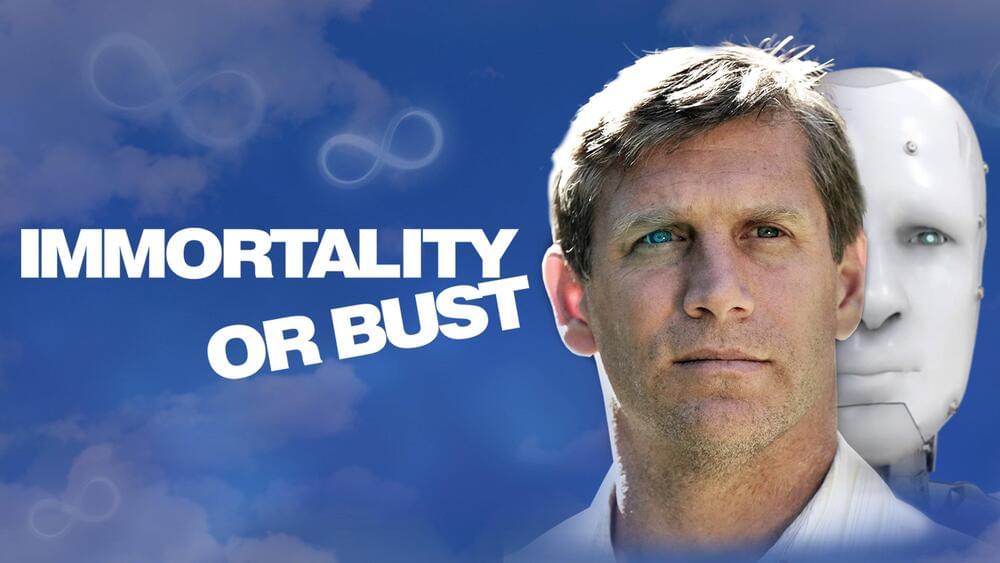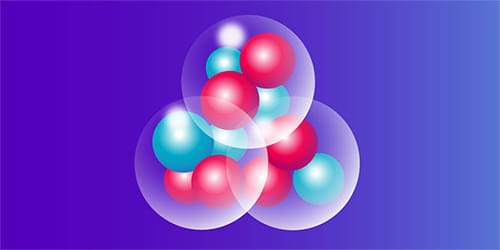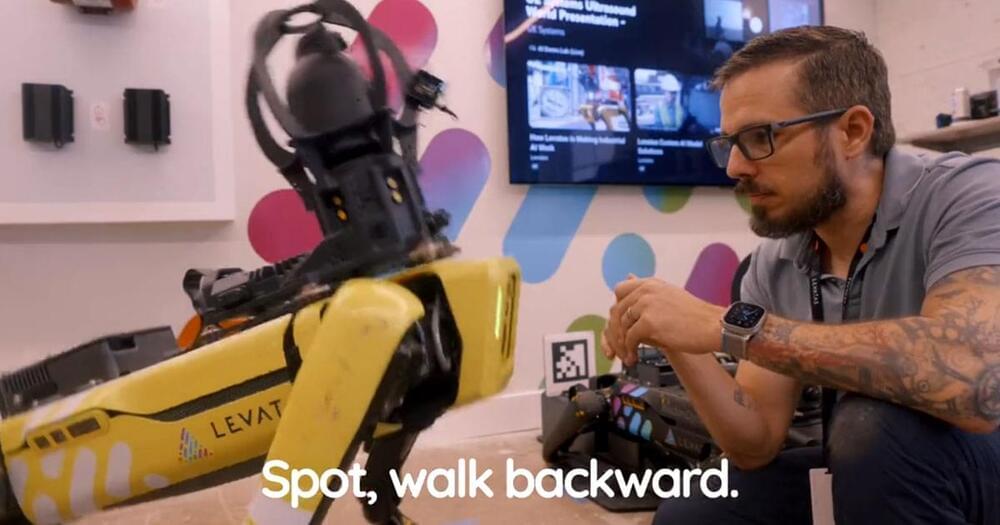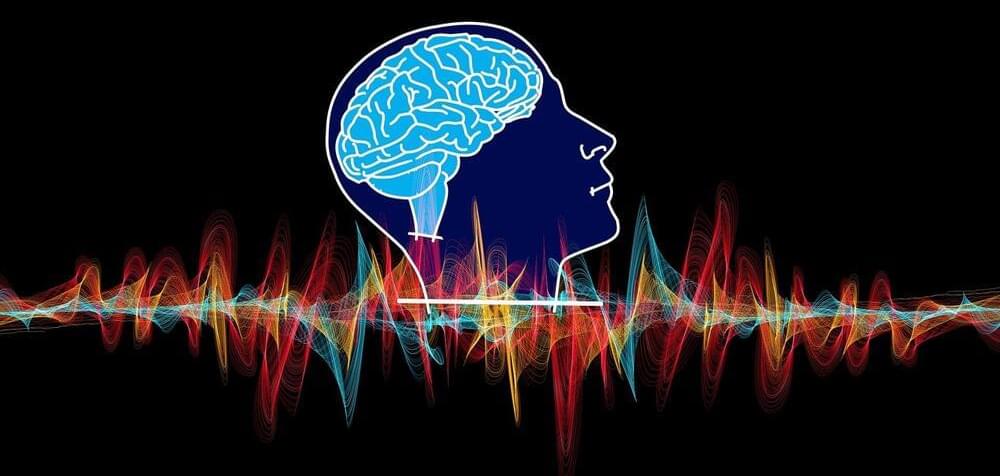May 14, 2023
Food, Mood, and Brain Health: Implications for the Modern Clinician
Posted by Omuterema Akhahenda in categories: biotech/medical, health, neuroscience
Improved, innovative strategies are needed for the prevention and promotion of recovery from mental illness as these disorders leading cause of disability worldwide. This article will review the evidence linking dietary pattern to brain-based illnesses and provide an overview of the mechanisms that underlie the association between brain health and the food we eat. Considerations for dietary intervention will be discussed including encouraging a shift towards a traditional or whole foods dietary pattern.
Robert, a 43-year-old married man who presents with irritability and a low mood for two months. He has a history of attention deficit disorder, first diagnosed two years ago, and is currently treated with Vyvanse 70 mg. While his focus and work function are improved, he reports low appetite, fatigue, and difficulty sleeping. He notes that he tends to be quite irritable during mealtimes to the extent that his wife has asked him to stay at work past dinnertime to “stay out of the way.” He feels guilty and, concerned about not connecting emotionally to his young children ages 1 and 3. Further history and medical workup reveal no substance use, no active medical issues, and blood work reveals no abnormalities.
The evidence is growing: food choice is strongly implicated in mental health risk. In cases like Robert’s, a food history is a vital piece of data, both in assessing low appetite as a possible medication side effect, or as a symptom of depression. Furthermore, a food history is imperative to understand whether targeted dietary recommendations could assist in his recovery.
Continue reading “Food, Mood, and Brain Health: Implications for the Modern Clinician” »


















